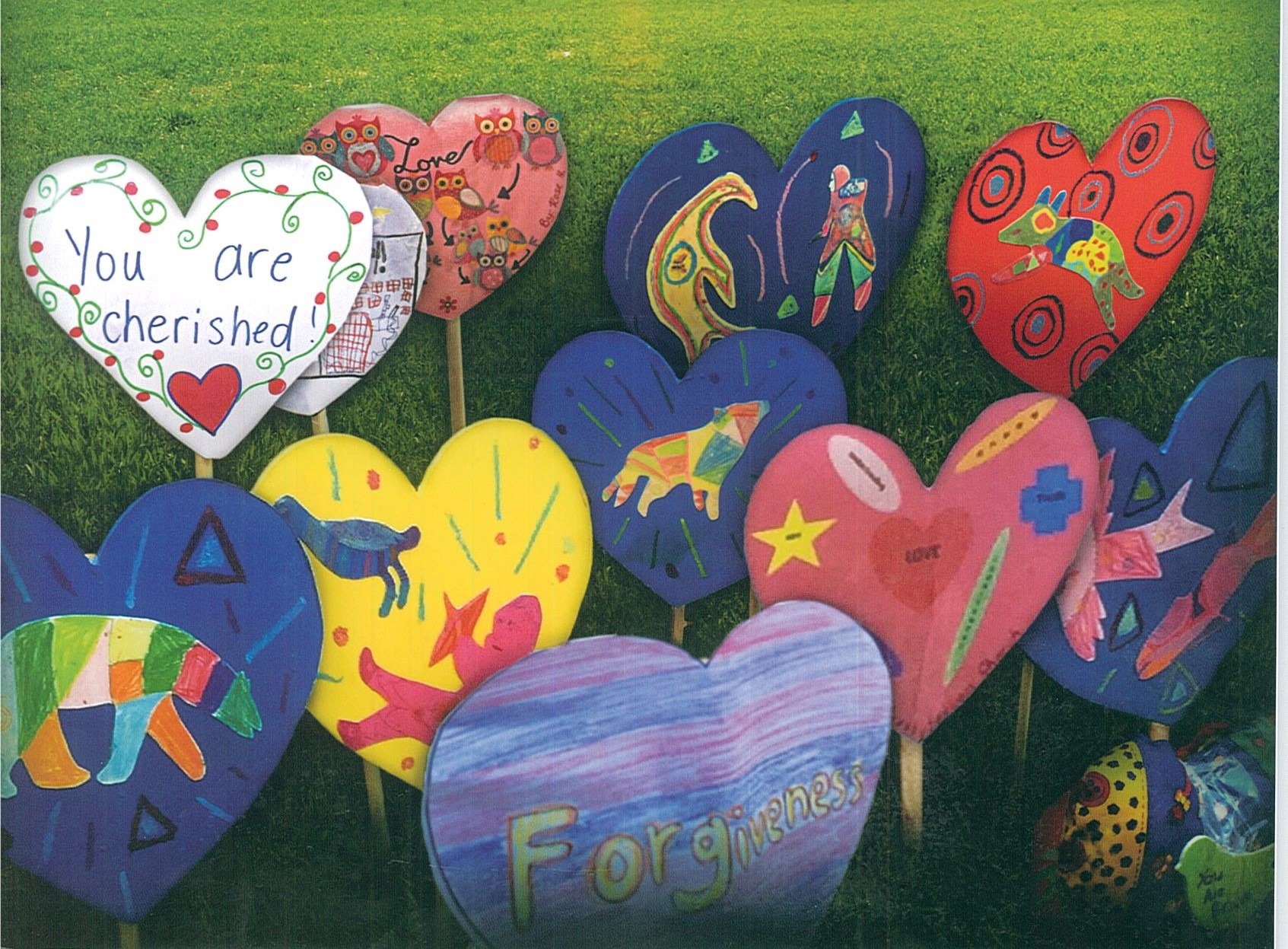CCCYA Declaration of Reconciliation
The experience of the past is a lesson for the future. We have learned from the experiences of those who were sent to residential schools, of the profound tragedy that resulted when the rights of children; their connection with family and community; and their traditions and culture were not respected. The federal government’s residential school policy of forcibly removing all children from the home as young as four years old, until they were adolescents or in some cases never returned home, left a tangible emptiness; it is a forced exodus that seems unthinkable today. We have listened and we now know the truth. We know Aboriginal peoples and all Canadians were changed by residential schools.
As independent Child Advocates in each of our respective Provinces and Territories, we listen every day to the voices of Aboriginal children who suffer the intergenerational trauma of the residential schools system. We hear their voices.
The eleven members of the Canadian Council of Child and Youth Advocates share an unwavering belief in, and respect for, the rights of children and youth.
As enshrined in the United Nations Convention on the Rights of the Child, all children have basic rights to health, safety, education and well-being. The family is recognized as a fundamental and natural environment for the growth and well-being of children. Children have the right to be heard.
In our work advocating for the rights of children and youth, we have special regard for the circumstances of Aboriginal children and youth who are among the most vulnerable and marginalized groups of children in Canada.
Our pledge is to ensure that the rights of Aboriginal children and youth are kept at the forefront in our advocacy work.
The Canadian Council of Child and Youth Advocates, in the spirit of active reconciliation, supports the Truth and Reconciliation Commission’s work on residential schools. The members of the Council strive to be a voice for all children and youth, and as such we support the recommendations of the Truth and Reconciliation Commission for the implementation of the history of residential schools in the curriculum of all public schools. We call for this in memory of those children who have passed away, those who survived, those who are living through the legacy of the imposed trauma, and to improve all Canadians’ understanding of the true history of our country.
Our Council of Advocates will continue to work towards the reconciliation initiated by the Truth and Reconciliation Commission process. We will be vigilant in ensuring that the rights of Aboriginal children are respected. We will continue to work to engage with Aboriginal children and youth.
The healing journey, and the path to reconciliation, includes the involvement of youth in defining their own future. This is a journey that must be taken by all Canadians. By appreciating the past and hearing and learning from and about each other, trust and respect can be built. We will work to support Aboriginal children and youth to speak out, have their voices heard, and have their best interests reflected in how our nation’s future unfolds.
The Canadian Council of Child and Youth Advocates is an association of government-appointed children’s advocates from the nine provinces and two territories of Alberta, British Columbia, Manitoba, New Brunswick, Newfoundland and Labrador, Nova Scotia, Nunavut, Ontario, Québec, Saskatchewan, and Yukon. Advocates are independent officers of the legislatures in their respective jurisdictions.
